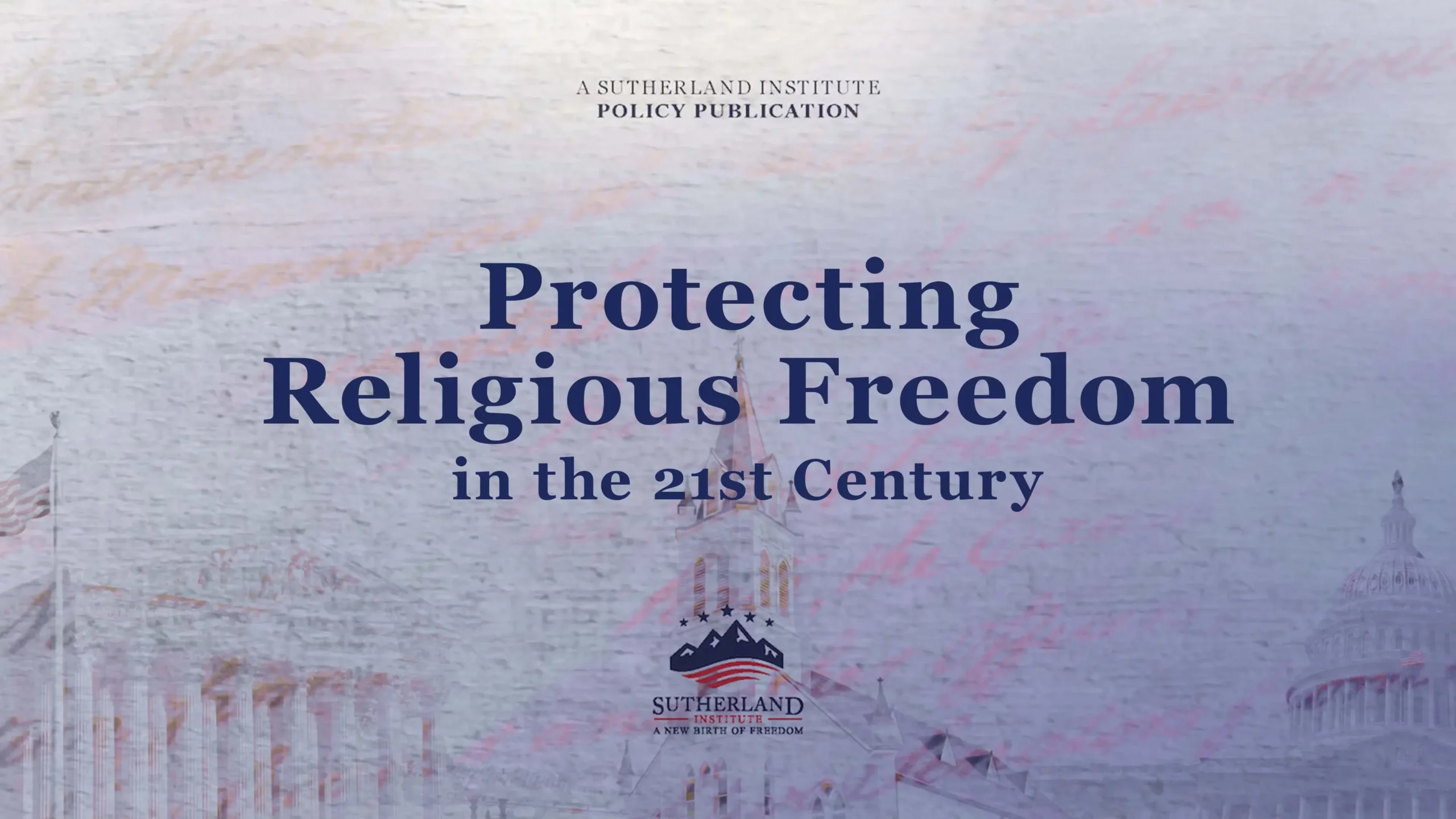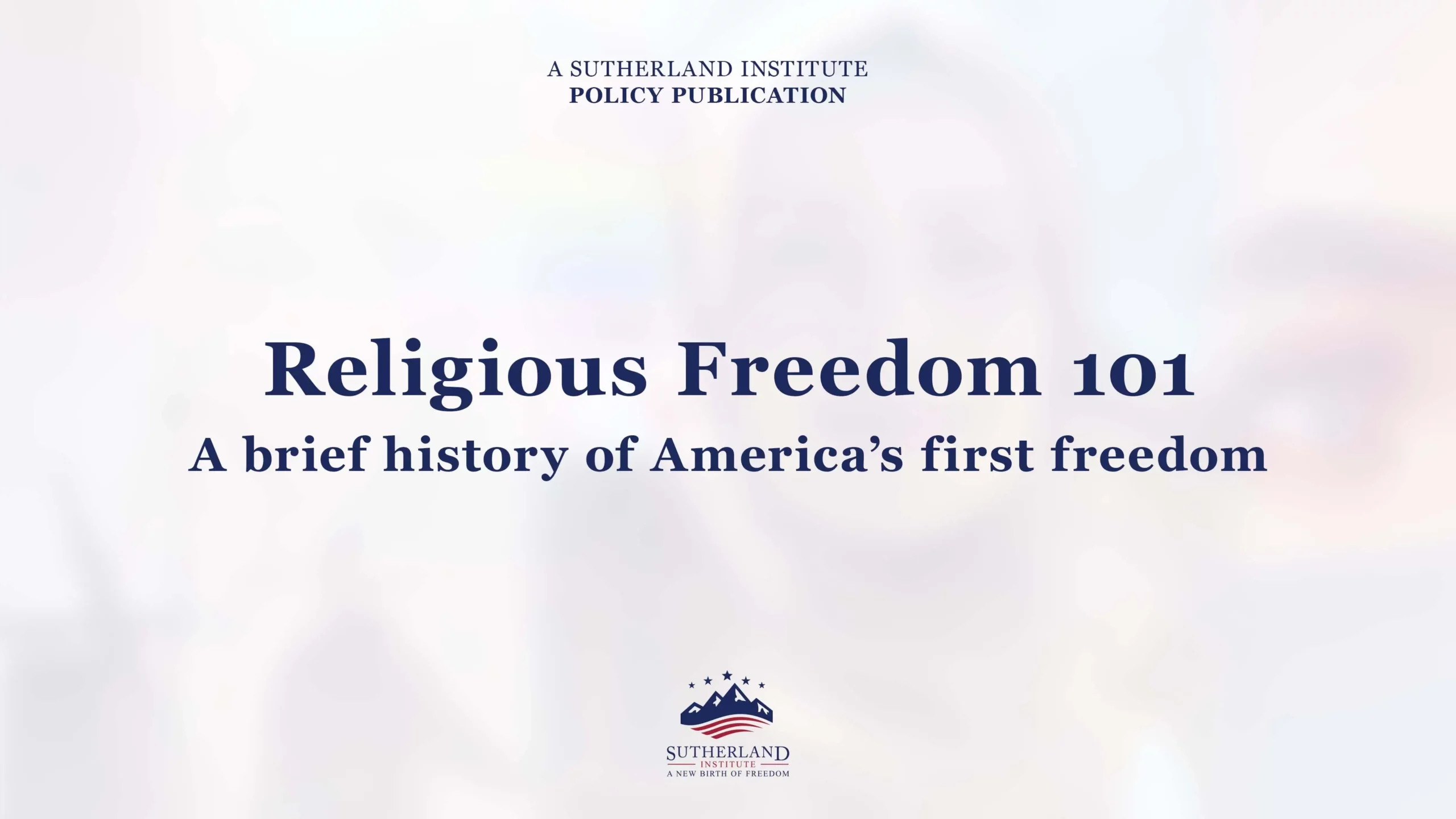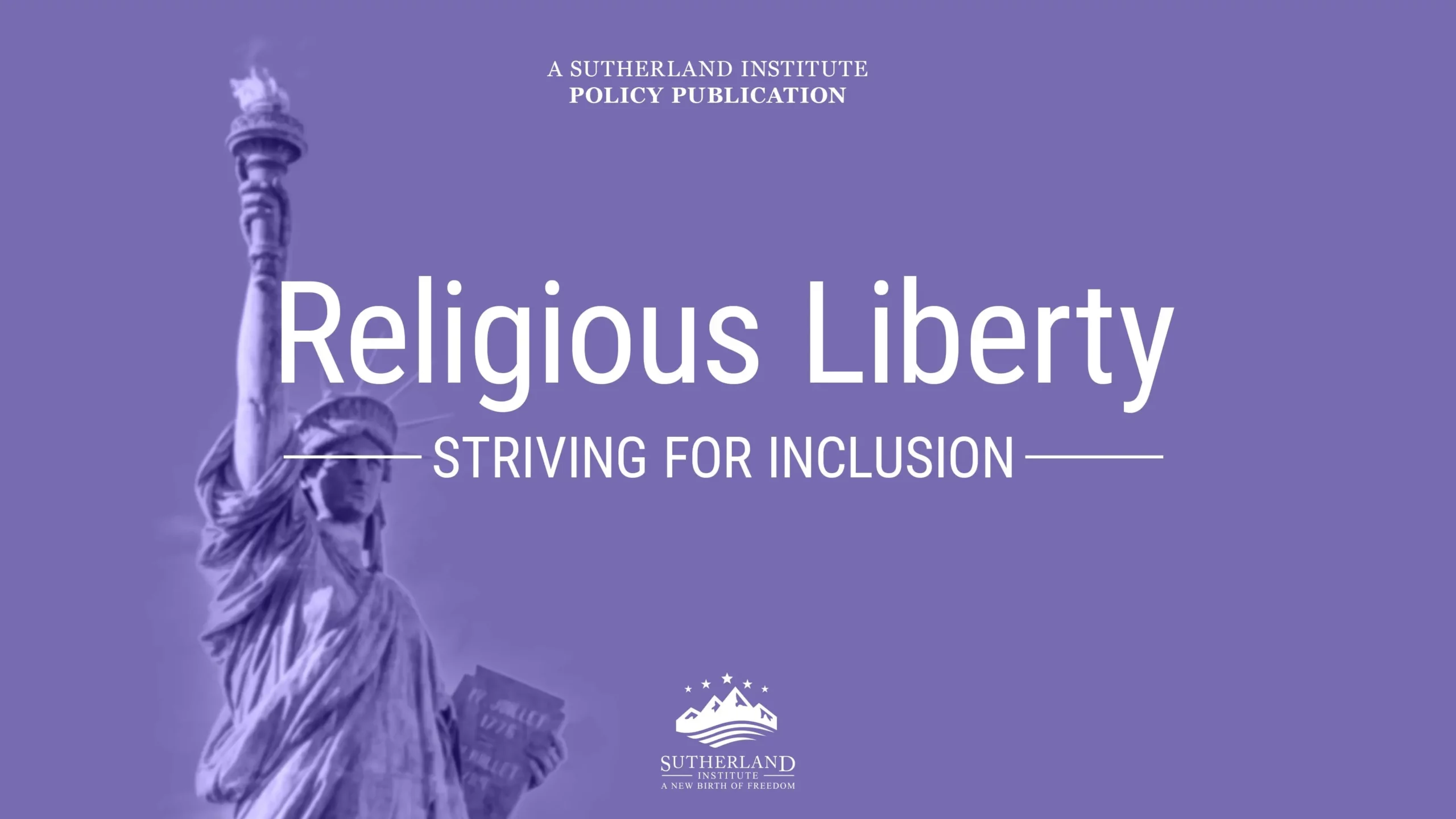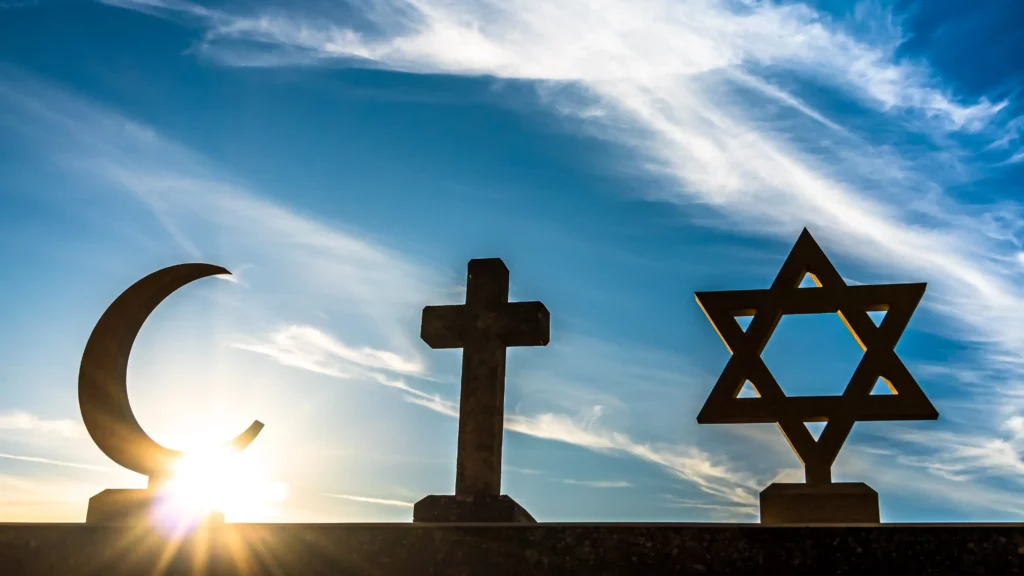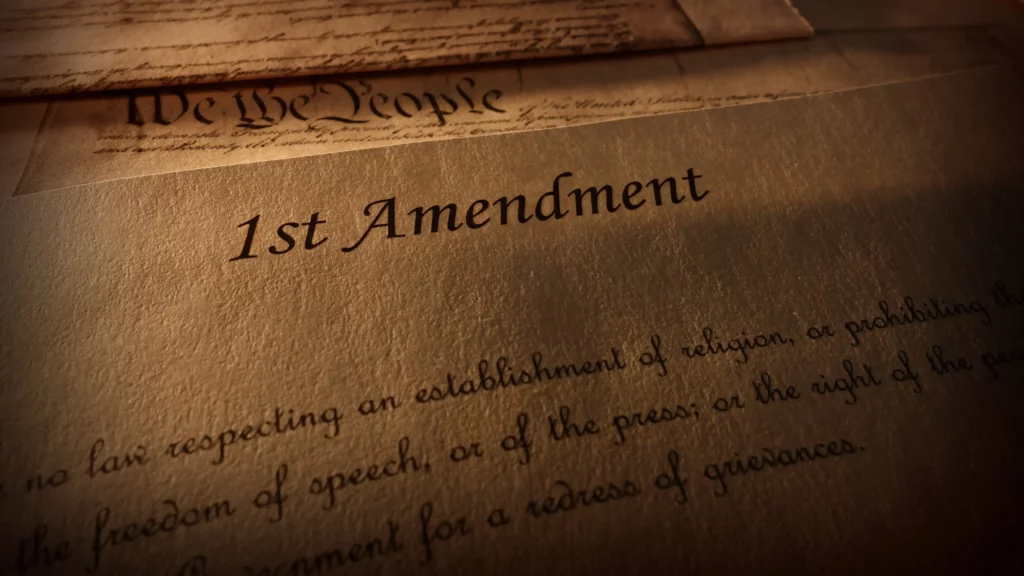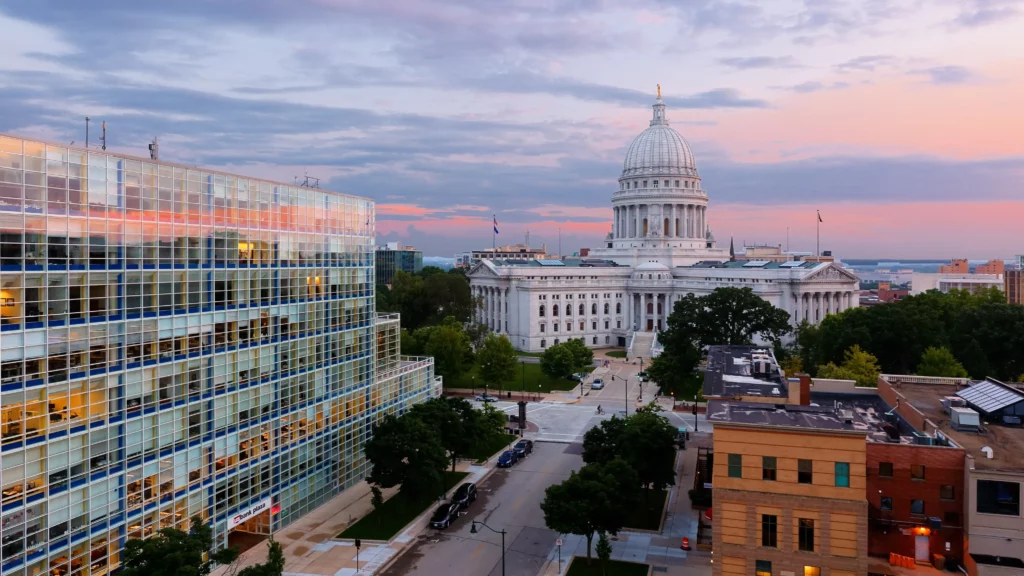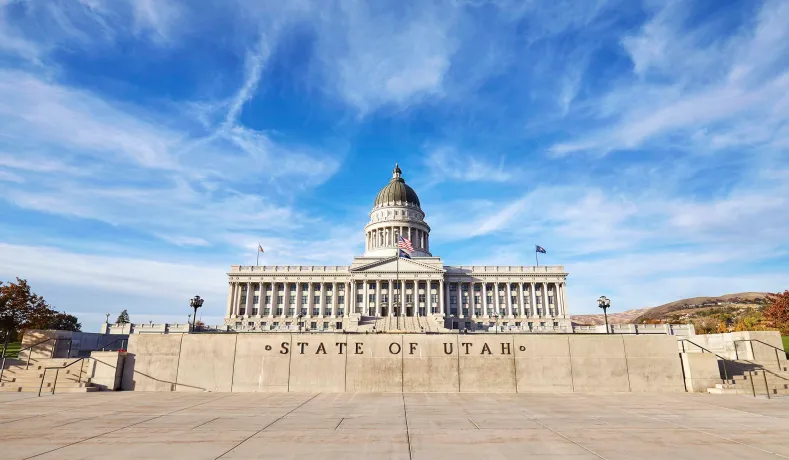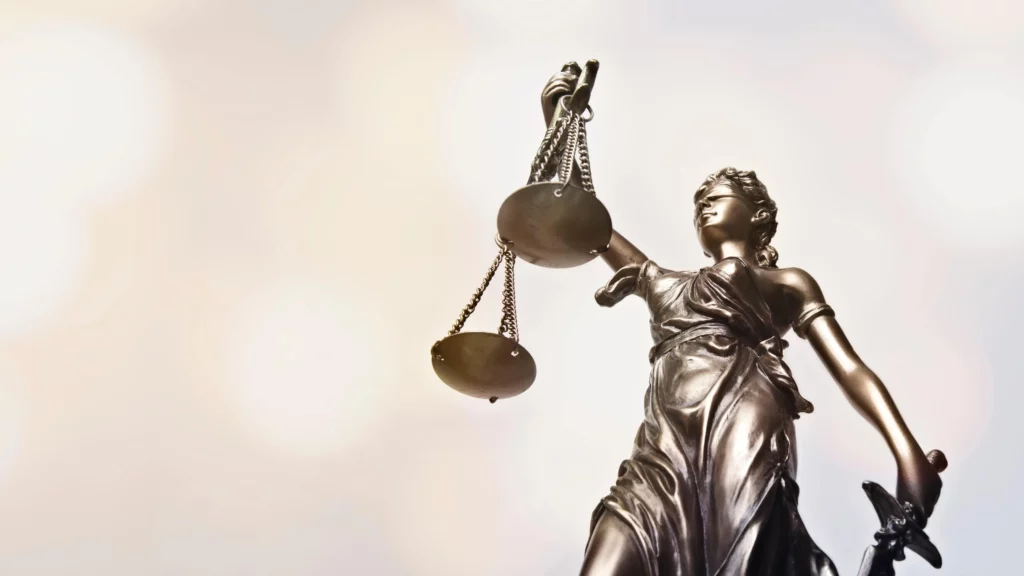Policy
Religious Freedom
Respecting human dignity requires that we respect the core elements of how people and groups identify themselves, including their religious beliefs. Religious belief has been a powerful motivation for protecting the rights and liberties of others; it kindled movements to abolish slavery and protect Americans’ civil rights. For millions of Americans, religion is the source of the values required in a free society, such as understanding, respect and sacrifice for others. Additionally, religious institutions provide irreplaceable care for the most vulnerable people in society.
For all of these reasons, the right to exercise religion is a fundamental human right. The law should respect the independence of religious institutions, defend the right of conscience, and protect the right of individuals to act on their religious beliefs, while establishing reasonable protections for public health and safety in a spirit of fairness for all.
Religious Freedom
Respecting human dignity requires that we respect the core elements of how people and groups identify themselves, including their religious beliefs. Religious belief has been a powerful motivation for protecting the rights and liberties of others; it kindled movements to abolish slavery and protect Americans’ civil rights. For millions of Americans, religion is the source of the values required in a free society, such as understanding, respect and sacrifice for others. Additionally, religious institutions provide irreplaceable care for the most vulnerable people in society.
For all of these reasons, the right to exercise religion is a fundamental human right. The law should respect the independence of religious institutions, defend the right of conscience, and protect the right of individuals to act on their religious beliefs, while establishing reasonable protections for public health and safety in a spirit of fairness for all.
Published Research
Conversations
What is the Religious Freedom Restoration Act? #utpol #religiousfreedom
Religious freedom for all #utpol #religiousfreedom
Religious practice is a key part of a pluralistic society #religiousfreedom
Why Utah Needs a Religious Freedom Restoration Act
Antisemitism in America: Rabbi Chaim Zippel on the aftermath of the Hamas attack
Diverse faiths working to build community #utah #utpol
America's Religious Pluralism
Faith and Religion in Public Life
Eboo Patel on how religious differences are actually necessary for healthy democracy
What is the Religious Freedom Restoration Act? #utpol #religiousfreedom
Religious freedom for all #utpol #religiousfreedom
Religious practice is a key part of a pluralistic society #religiousfreedom
Insights & Takeaways
Looking at Supreme Court and religious freedom through the lens of the presidential campaign
Two constitutional issues highlight similarities and differences between the Biden and Trump administrations.
Here’s why the First Amendment’s religion clauses are not in conflict
Some suggest there is a tension between protection for the free exercise of religion and the prohibition on the establishment of religion. But a better take is to see the two clauses as congruent.
Wisconsin inserts itself into deciding what is ‘religious enough’
A recent Wisconsin court decision said the state’s Catholic Charities Bureau is not religious enough to qualify for an exemption from an unemployment insurance mandate.
How Utah Has Turned Religious Freedom from a Controversy to a Consensus
Utah leads the way in averting religious-freedom conflicts through consensus protections.
Human rights violations in China, Nicaragua are sad examples of a lack of religious freedom
Repression of Uyghurs is well known; in Nicaragua, Catholics and people of other faiths have been subjected to arrest, intimidation and exile.
Key questions and answers about healthcare sharing ministries
Utah is considering legislation that would require healthcare sharing ministries to report to the state insurance commissioner, although the ministries don’t provide health insurance. What exactly are they?
Looking at Supreme Court and religious freedom through the lens of the presidential campaign
Two constitutional issues highlight similarities and differences between the Biden and Trump administrations.
Here’s why the First Amendment’s religion clauses are not in conflict
Some suggest there is a tension between protection for the free exercise of religion and the prohibition on the establishment of religion. But a better take is to see the two clauses as congruent.
Wisconsin inserts itself into deciding what is ‘religious enough’
A recent Wisconsin court decision said the state’s Catholic Charities Bureau is not religious enough to qualify for an exemption from an unemployment insurance mandate.
